Judas Unchained
Peter F. Hamilton
Peter F. Hamilton's flair for huge, star-spanning SF adventures continues with Judas Unchained. This concludes the single long novel—over 1,800 pages in all—whose first half is Pandora's Star.
Humanity's interstellar Commonwealth is in serious trouble. Thirteen of its hundreds of worlds (linked by wormholes and high-speed trains) were lost to a first mass attack by the insanely hostile alien Primes. The controlling Prime intelligence, MorningLightMountain, can imagine no way of dealing with first contact but genocide—and has the resources to do it.
Amid political and personal chaos, it's becoming clear that the war was arranged by a third party. For centuries, only the fanatical, outlawed Guardians cult believed in this mysterious influence called the Starflyer. New evidence emerges, only to vanish again. Key figures are destroyed by near-invincible assassins crammed with inbuilt "wetwired" weaponry. One determined detective is on the track, but she faces massive political opposition.
The multi-stranded action follows many criss-crossing human stories, with fights, pursuits, quests, deaths, resurrections, exotic landscapes and armaments, good sex, and several interesting aliens. Betrayals are frequent, thanks to brainwashed Starflyer agents in positions of trust. Only the Guardians have a scheme to deal with the Starflyer itself—a grandiose strategy known as "the planet's revenge"—but no one trusts those crazy cultists…
In space, the arms race becomes dizzying, with Prime doomsday weapons used against suns while frantic human research leads to "quantumbusters" so appalling that there's serious moral debate about their use. Can we face the guilt of total genocide, even against a horror like MorningLightMountain? Or is there some way to force this psychopathic genie back into the bottle?
The action climaxes in a long, exhilarating chase sequence spiced with ultra-violent skirmishing as the Starflyer comes into the open at last. Stormgliding, an extreme sport introduced in book one, becomes vital to the race against time. Meanwhile, rival starships with different plans chase one another to the Prime system. Hamilton delivers the expected multiple payoffs with suitable pyrotechnics and a satisfying scatter of happy endings. A long, colourful, suspenseful example of modern British space opera. —David Langford
1405000368
|
The Binding Chair
Kathryn Harrison
The Binding Chair offers up a captivating brew combining the turbulence of turn-of-the-century Shanghai, Russia, London, and 1920s Nice, weaving back and forth in place and time in the lives of a rich cast of characters, all of whom are dominated by the imperious May. As the beautiful and treasured child Chao-tsing, her feet had been bound at five—a brutal fettering of body and heart—and dutifully prepared for marriage by 14. Beaten and humiliated as fourth wife to her silk merchant husband, she escapes by literally piggybacking to Shanghai, renouncing her past. Renaming herself as May, her search for freedom leads her to the dubious door of Madame Grace's where May's only proviso is "Chinese I won't touch".
In the years that follow she swiftly acquires English and French, great swathes of Flaubert's Madame Bovary and William Defoe, a habit for opium, and the devoted Arthur, foot fetishist to the last. As Mrs Arthur Cohen, May enters an extended Jewish household where she sees that its losses—of children, including May and Arthur's own Rose; of the devotion of her unruly niece, Alice; and ultimately of even their home—are heavier than its fabulous gains, built on wartime futures' markets.
In her chosen escape to Nice after the terrible influenza of 1919, taking what is left of her Cohen family, May comes to know that it is still "her feet that held her between one world and the next: balanced between East and West, China and Europe, misery, happiness".
Kathryn Harrison engagingly displays a wealth of research, binding the intricacies of Chinese and Caucasian customs and manners, the realities and myths of historical background, with the daily turmoil of all her characters. If occasionally the rush of events subsumes emotional content, there is still terrific pleasure in the felicitous writing and inventiveness of plot. —Ruth Petrie
1841152692
Light
M. John Harrison
Light marks that fine writer M John Harrison's first return to the heartland of SF—including spaceships and hair-raising interstellar chases—since his apocalyptic anti-space opera The Centauri Device (1975).
The heavy SF action begins in 2400. Space-going humanity is the latest of many civilizations to be baffled by the impenetrable Kefahuchi Tract; that vast stellar region where an unshielded singularity makes physics itself unreliable. Along its accessible fringe, the "Beach", solar systems are littered with crazy, abandoned devices used to probe the Tract since before life began on Earth. A whole dead-end culture is based on beachcombing this rubble of industrial archaeology...
25th-century characters include a woman who's sacrificed almost everything to merge with the AI "mathematics" of a crack military spacecraft; a former daredevil who once surfed black holes but has retreated into a virtual reality tank; the lady proprietor of the Circus of Pathet Lao, with an alien freakshow and a hidden agenda; and a variety of raunchy, smelly, gene-sculpted lowlife, some comic, some menacing. Many are not what they seem.
Meanwhile in 1999 London, physicists Kearney and Tate—remembered in 2400 as the fathers of interstellar flight—are getting nowhere. Kearney's personal problems occupy familiar Harrison territory: urban paranoia, a seedily unreliable guru, bad sex, guilty rituals to propitiate a metaphysical-seeming threat called the Shrander—a pursuing image out of nightmare. In the lab, both Kearney and Tate fear the increasing quantum strangeness of their results.
The cosmological wonders and hazards of the Beach form a backdrop to space pursuits and violent skirmishes whose duration is measured in nanoseconds, reported in tensely lyrical prose. Eventually everything comes together as it should—even that oppressive 1999 story strand—with revelations, transformation, transcendence, and ultimate hope. Harrison demands your full attention and rewards it richly. —David Langford
0575070269
|
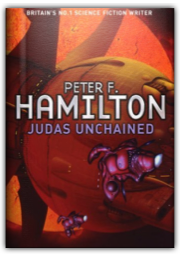

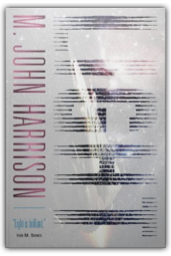

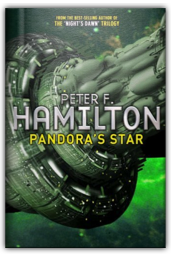

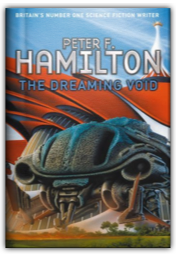
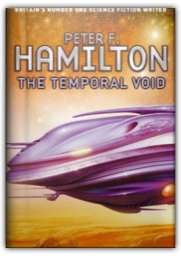
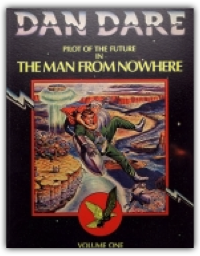
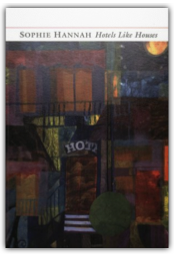

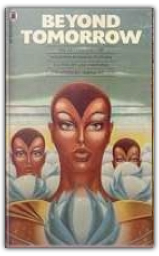


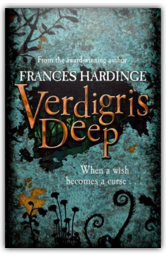
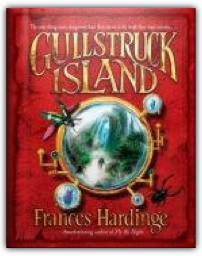
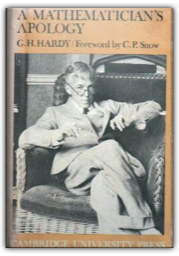
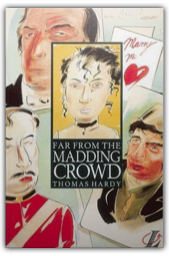
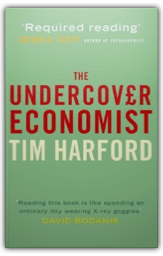
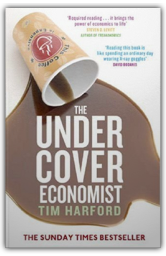
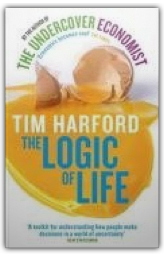
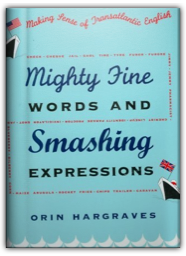
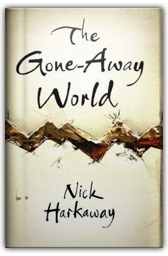
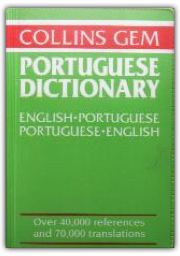
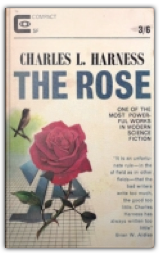
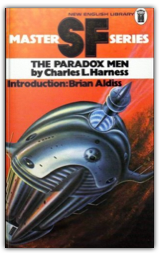
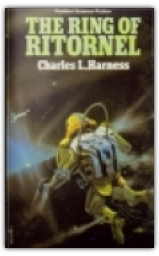
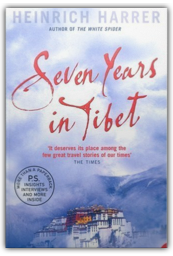
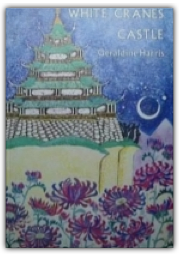

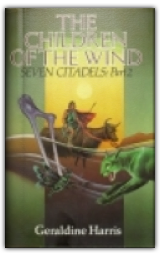
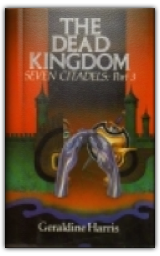
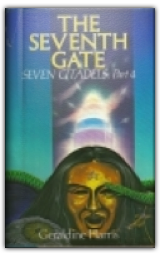
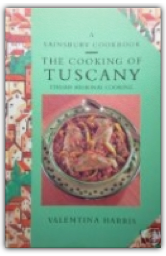
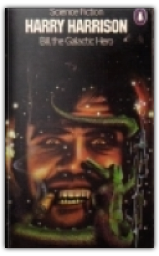

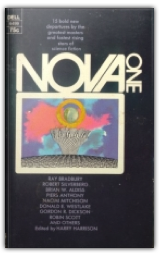
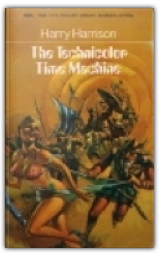
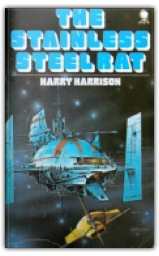
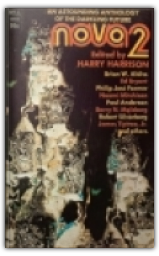
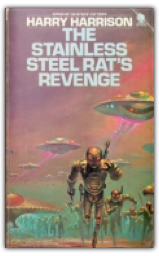
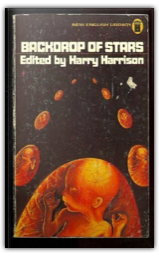
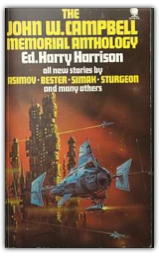
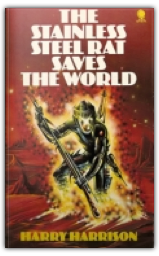
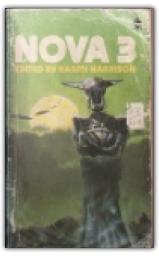
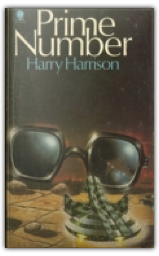
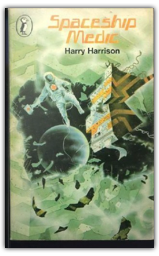
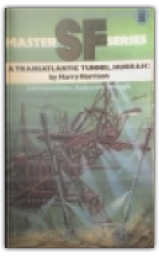
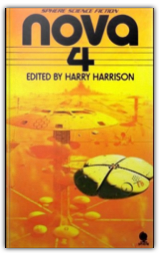
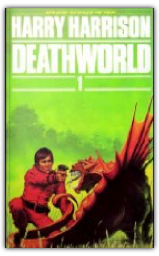
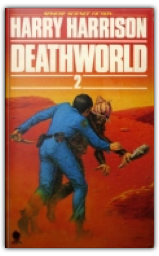
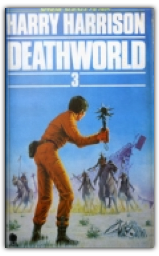
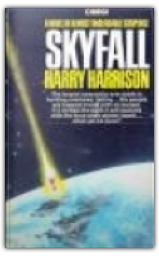
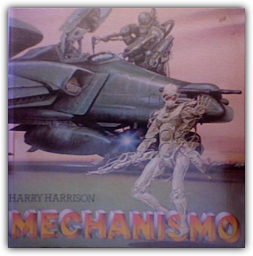

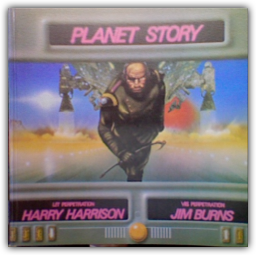
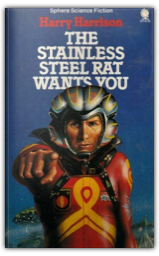
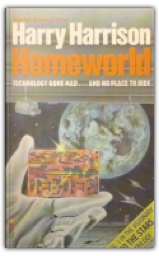
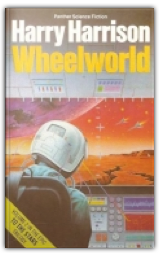
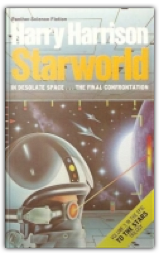
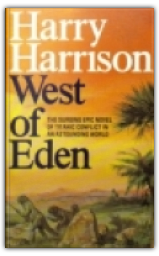
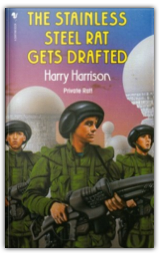
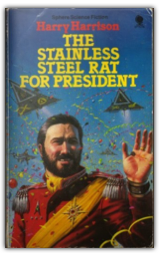
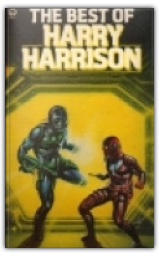
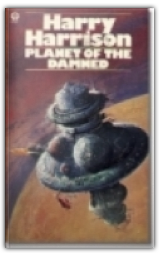
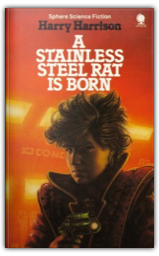
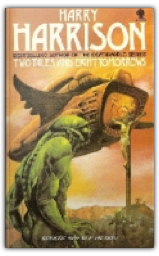
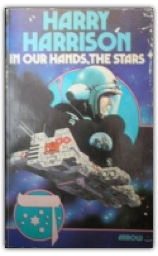
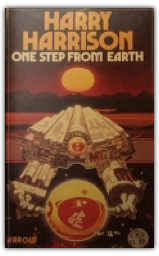
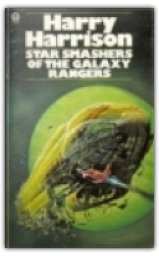
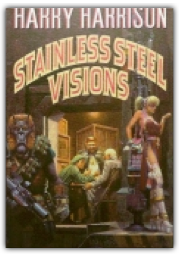
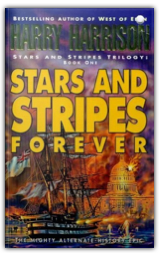
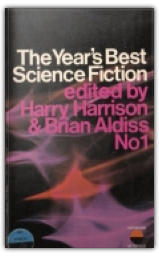
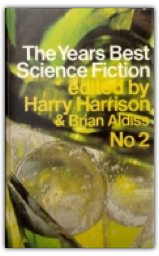
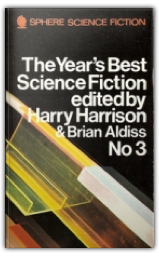
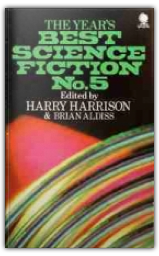

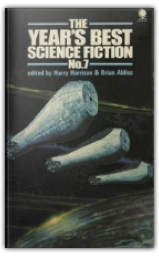
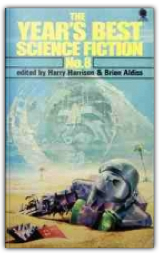
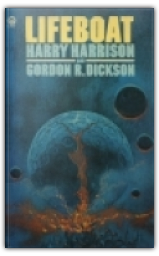
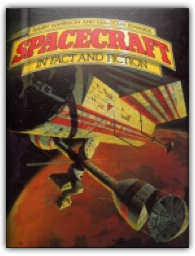
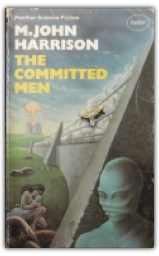
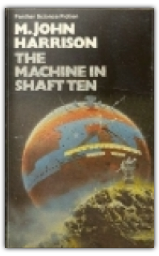
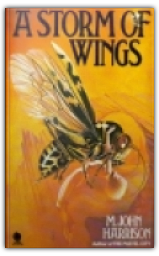
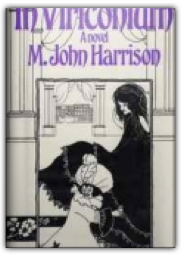
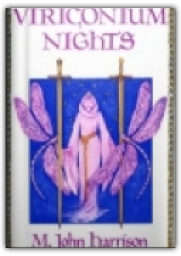
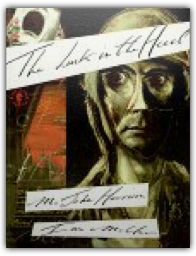
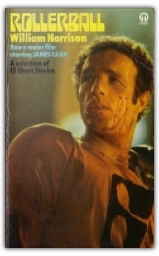
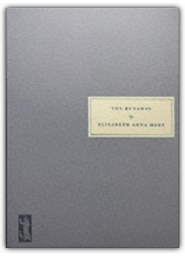
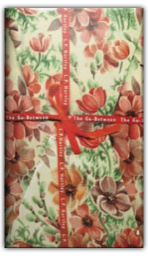
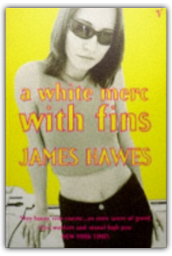
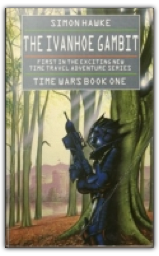
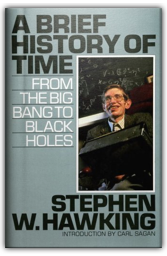
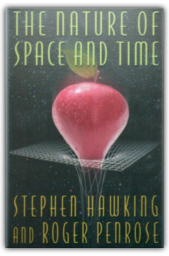

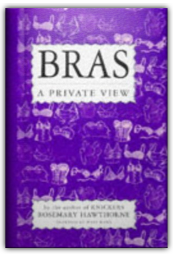
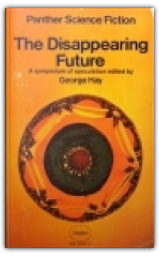
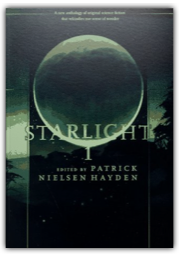
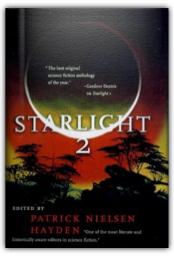
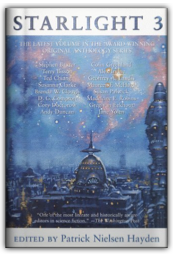
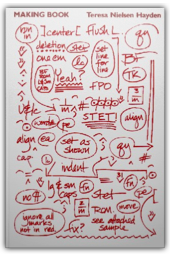
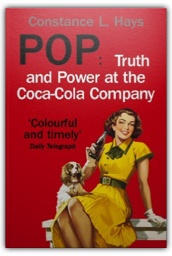
 Made with Delicious Library
Made with Delicious Library